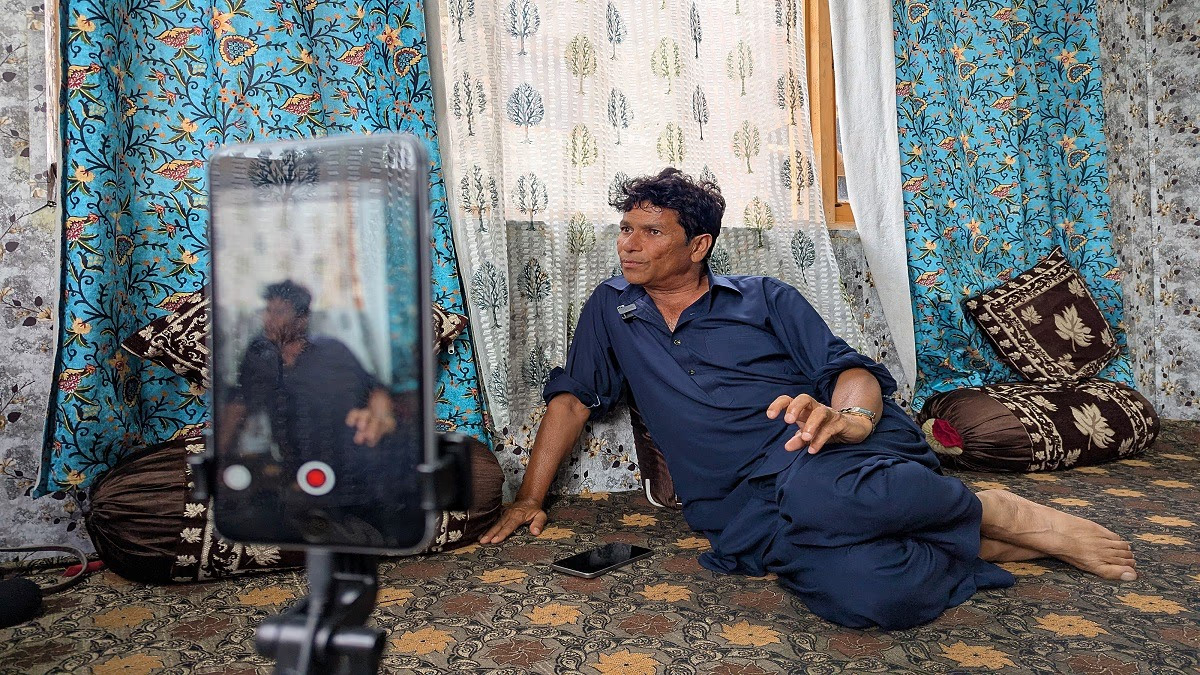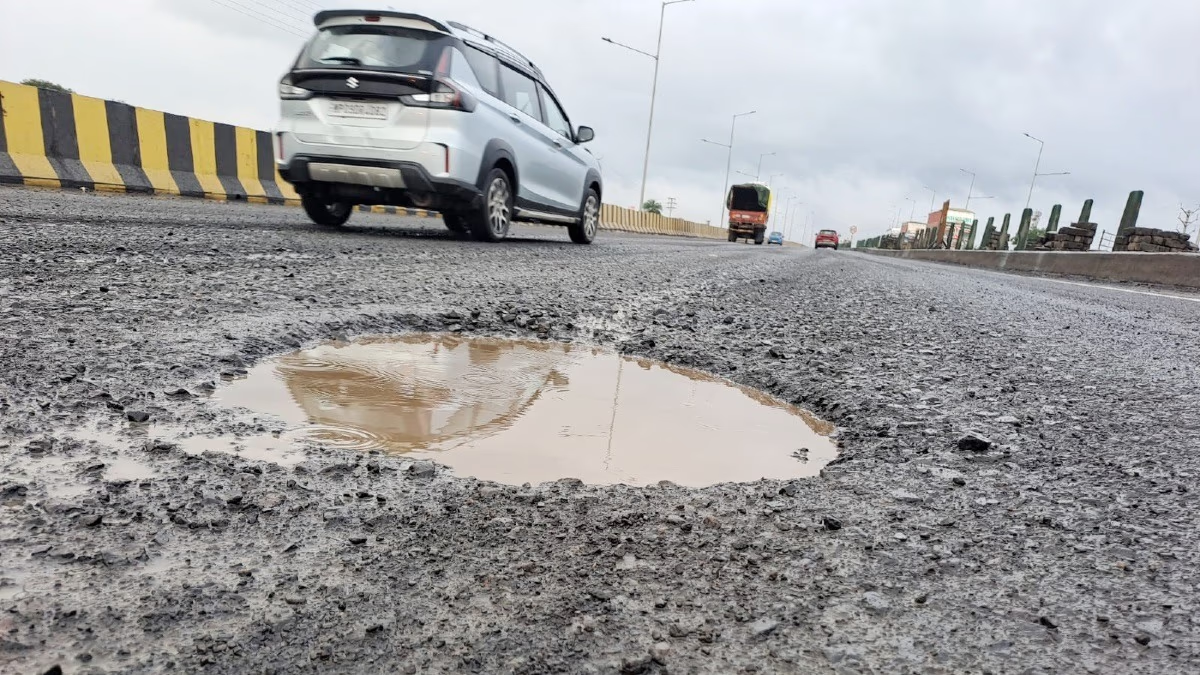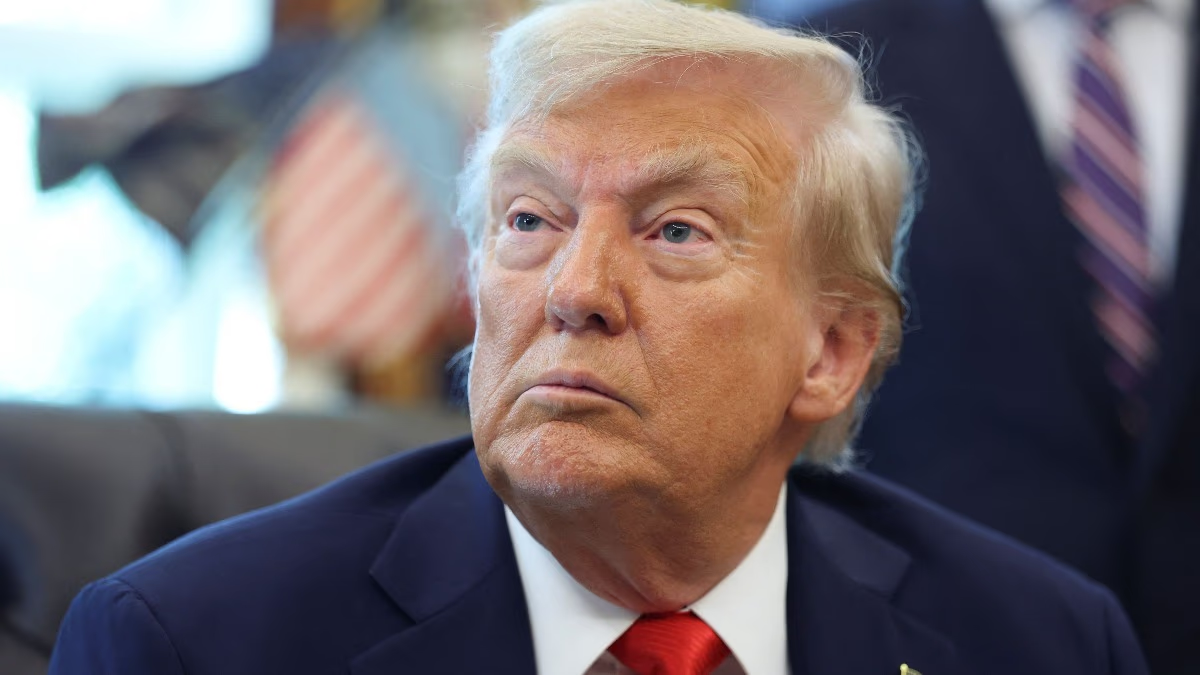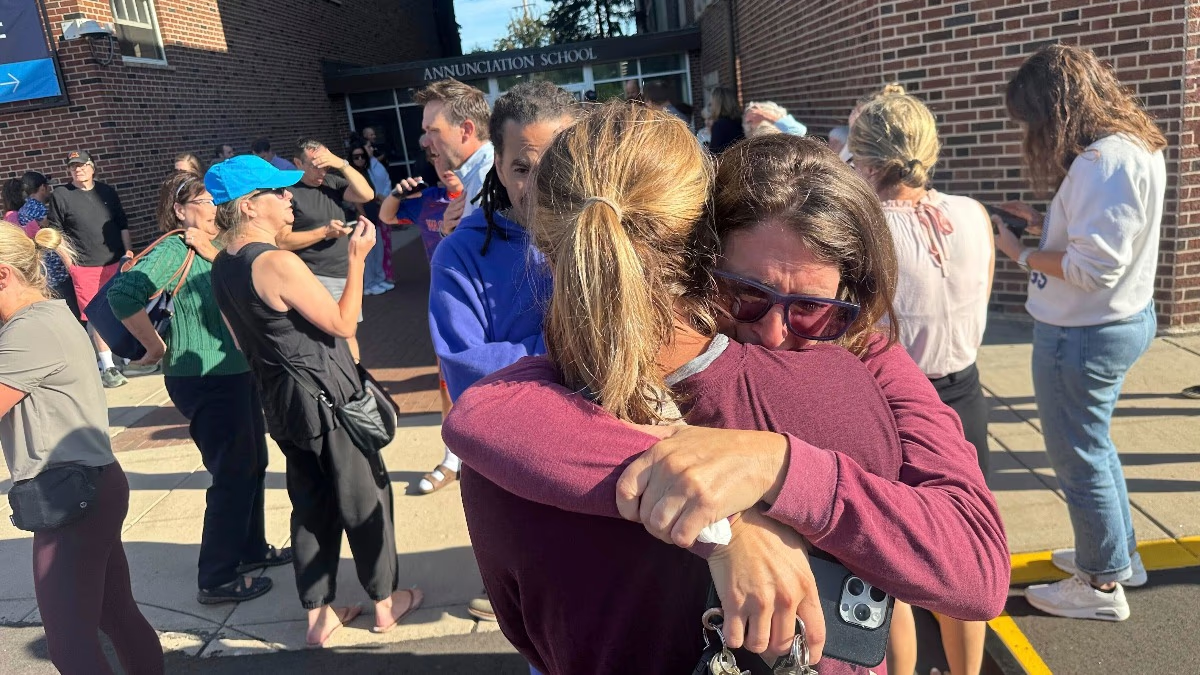Upon returning from training across the border, I was treated like a rockstar in Kashmir. With a bandolier over my shoulder, a revolver in hand, and authority at my feet, I gained admiration everywhere. My status was esteemed even in Pakistan where, upon the mention of a Kashmiri militant, the most expensive items were handed to me without charge. Time changed things. We were terrorists; our families left behind, many years spent in prison. It was then I realized I injured the very mother who nourished me during my youth.
Since the Pahalgam terrorist attack, time in Kashmir has stood still.
The fierce winds traverse through the pines and deodar trees cautiously. The rivers Jhelum and Ravi have flow, yet no vitality. Shoppers roam in Lal Chowk, but are haunted by their shadows.
After a long spell, light pierced through Kashmir, but the Pahalgam incident darkened it once again, prompting endless reminiscing of the ‘90s—a period when terrorism was dubbed rebellion. Militants were called freedom fighters, and their mission a fight for liberation.
aajtak.in met ex-militant Saifullah Farooq from that decade.
Initially, Farooq proposed a different day and location for the meeting. Upon meeting, he advised caution, citing that whether one goes or comes, vigilance is necessary as predators lurk.
According to Farooq, Hizbul Mujahideen released a 'hit order' against him just last year.
So, are these what militants are like? Upon seeing a man of medium stature, fear was replaced by intrigue.
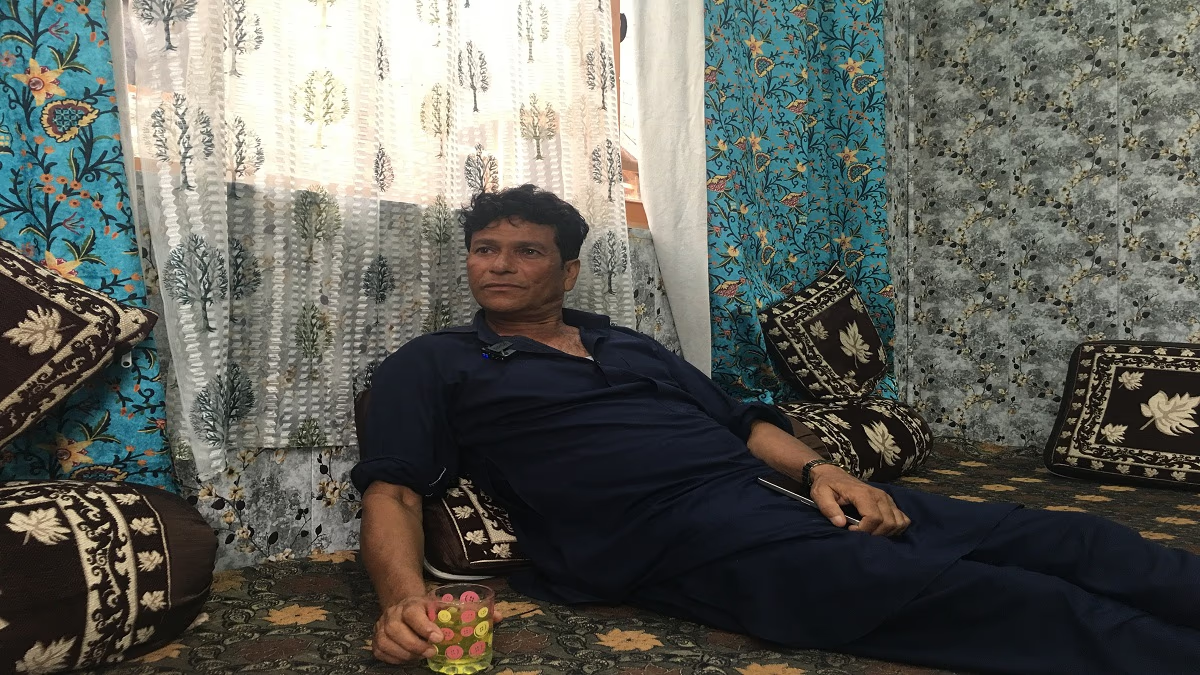
Source: aajtak
Farooq's demeanor hints at calm. He rises and sits, leaning on his knees, wearing conservative attire, in a room with thick carpet, insisting on a cold drink, with dust settling on his features.
The area in Srinagar where we met Farooq sees few locals. Suspicion grew as we approached the location by map, wondering if we were walking into a trap. 'Be prepared,' joked our local companion.
The driver admitted: Born here but never ventured there.
We found Farooq awaiting us outside a semi-constructed house. ‘My house is getting built,’ he said with a mix of pride and hesitation. A man once chanting for independence with a rifle now engages in small contracting jobs.
From Polling Booth to Pakistan
What ignited such anger that you became a militant? I hesitated to use 'terrorist,' fearing premature conversations.
It was the 1987 assembly election. I was a polling agent for the Muslim United Front, a party backed by Jamaat-e-Islami, which had allegiances toward Pakistan. Back then, I was an 18-year-old Kashmiri eager for a government of my choice. Till 4 PM on the election day, we were confident of winning, but suddenly, a loss was declared.
The next evening, police arrested me at home, starting torture under rebellion charges. I spent months in jail.
Returning from prison, my perception had changed. A few friends gathered. We decided to head to Pakistan, learn about bombs and ammunition, and partake in the fight for freedom.
Saying ‘freedom’ made Farooq’s eyes tighten.
Probing deeper, he admitted there were individuals back then intent on using naive boys like us to achieve international fame, turning our community into a graveyard. Those were the very people who 'guided' me.
I told my family I was heading to Kanpur for a short trip. A couple of clothes, glucose, and some biscuits packed, I left with friends.
In September 1989, we crossed the border. They blindfolded us and took us in, giving bath soap to wash off the weariness from days of travel on foot. Light khichdi to settle the stomach. Then began the training.
Which route did you take from the valley to Pakistan, how many days did it take?
I won’t disclose the specifics but it took 6 days and nights with a guide. Near the border, the Pakistani army would create distractions, allowing us a ‘launch’ opportunity. That was the strategy. Upon crossing the border, the Pakistani army took us to a nearby camp. After two days of rest, classes commenced.
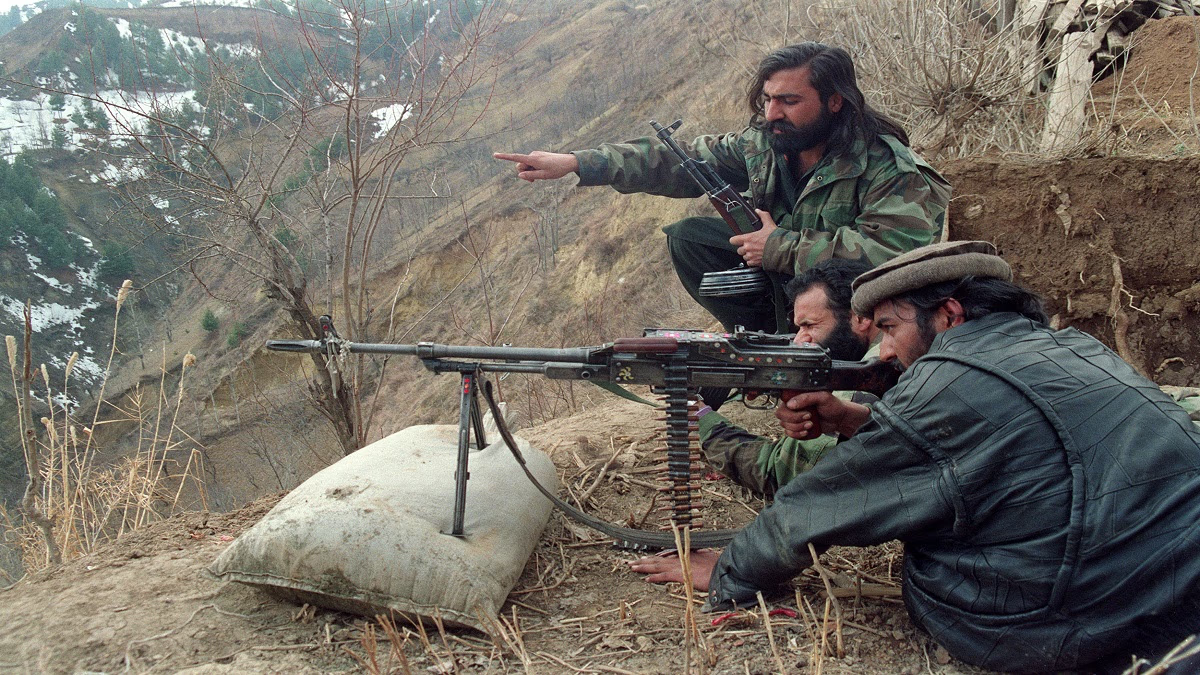
Source: aajtak
What kind of classes?
Discussions on jihad ensued. On the first day, Maulvis narrated stories of atrocities in Kashmir, heating our blood with tales of violated Kashmiriyat.
The second day, tales of mothers and sisters being violated spurred our anger further.
On the third, debates on whether to endure such tyranny, seeking solutions. By this point, an individual is so incited, their mind closes off.
That’s when weapons training began, learning various weapons, fostering agility with daily running. After training concluded, we spent some time remaining in Pakistan.
The Epithet of a Militant and the Resulting Prestige
We received a few hundred rupees daily back then. An ID card adorned our shirt, featuring a flag amidst two guns—the symbol of Kashmiri militancy. We could board any vehicle and travel far without fare. In shops or hotels, choose anything, and it was offered free. They believed we served a great purpose. Upon returning home, the same respect was shown.
After residing in the match factories of Khyber Pakhtunkhwa, Manshera, and Muridke, we returned to Kashmir as rockstars. People admired us. Say four men needed food, and high-quality meals arrived from any household. We had vehicles. Guns. Wherever we went, admirers followed.
Did regular girls fancy you, or were they wary?
No such concept like 'supplying girls' existed, yet crowds gathered wherever we went. In youth, armed, surrounded by an entire Kashmir echoing calls for freedom—‘Azadi’. As a divisional commander, my stature was immense.
With power, much altered rapidly. From being a polling agent ending up jailed post-election loss, to becoming the community hero, or so I foolishly thought.
In reality, the '80s simmered in the valley, but boiling occurred towards the end of the decade. In the 1987 Jammu and Kashmir assembly elections, the Muslim United Front gained momentum, supported by Jamaat-e-Islami fashioned after Pakistani lines. Most were convinced MUF would win, but they didn’t.
Post-election, the Kashmiri Muslim population felt their preferences were deliberately sidelined.
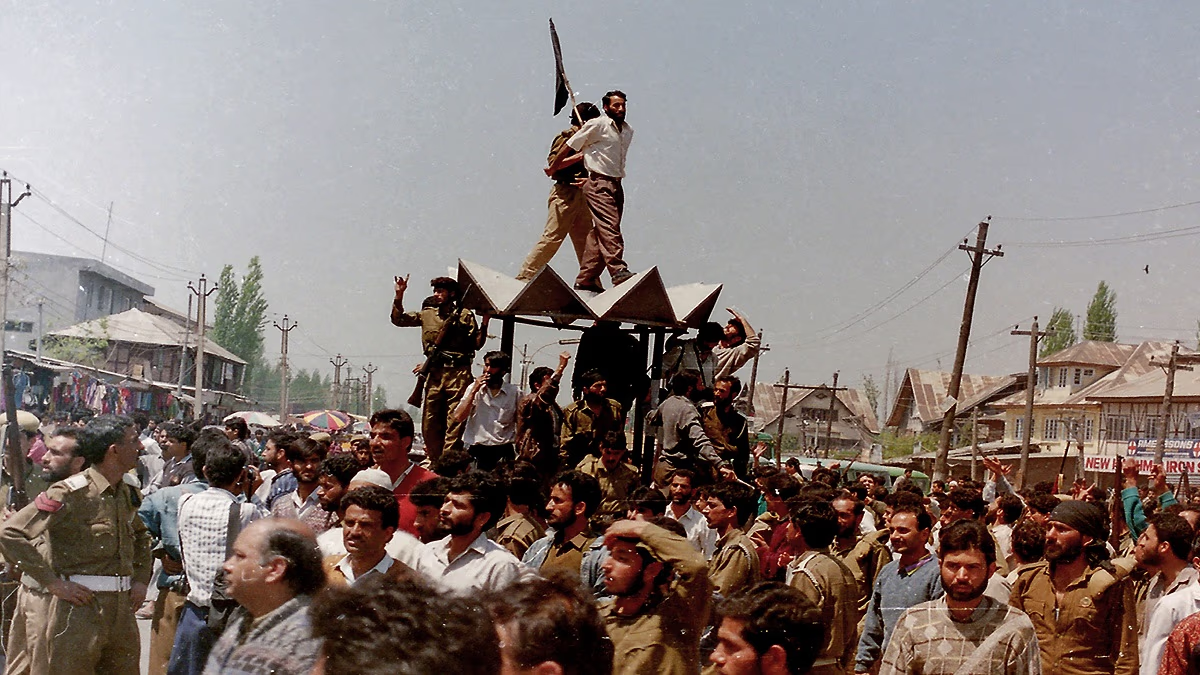
Source: aajtak
Entry of Pakistan into the Valley
Around that time, the Soviet struggle in Afghanistan concluded. To manage excess weaponry supplied by the U.S. to Pakistan's ISI for this proxy war, Pakistan directed arms and militants towards Kashmir.
Training camps emerged in Pakistan-occupied Kashmir (PoK), instructing incoming Kashmiri youth to incite local massacres.
Meanwhile, widening divisions between Hindus and Muslims morphed into chasms. Kashmiri Pandits, holding esteemed positions, were painted as villains by radicals, sowing dissonance and suspicion. This era birthed waves of militants surging from the valley.
Shopian, dubbed the Apple Bowl of Kashmir, perhaps bore fewer apples on its trees than it did so-called freedom zealots in its alleys.
Farooq reflects: Soldiers were outnumbered by militants. We posted guards at night, strategy and slogans occupied us by day. In 1991, the entire valley echoed calls for freedom. Surrounded by firearms, even innocent voices joined the momentum. Countless processions stretched 40 kilometers on both ends. Funerals of militants drew similar gatherings.
Wearing dusky-blue Pathani kurta, this ex-militant still cherishes those bygone years. I envision the Kashmir of then through his eyes—a region of mountains, trees, lakes, rivers, snowfalls, and solitude, pierced solely by gunshots and slogans.
Disillusionment with the Path of Terror
Did you commit any major crime, like murder(s)? Hesitant query.
Conversing freely, Farooq insists on a cold drink with chips, burying the question beneath the swirling syrupy drink. After repeating, he cautiously admits—my field time was brief. A few things happened but the Almighty shielded me from spilling innocent blood.
Meaning no substantial use of the training you received?
An evasive answer follows—A young child might bite his mother when nursing, but the mother doesn’t toss him from the window, rather she cleans up and feeds him again. This country is my mother. I betrayed her, so I served time. Now I've been forgiven. It’s been many years. Today, I openly speak against Pakistan and the terrorists.
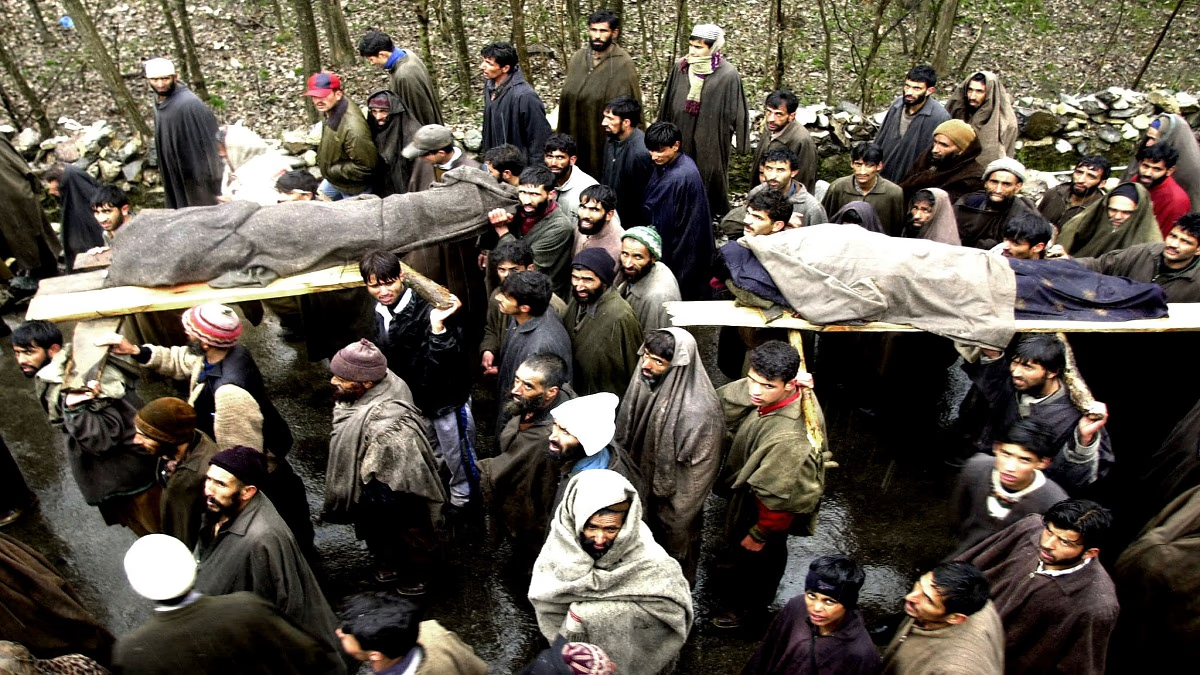
Source: aajtak
This self-proclaimed ex-militant carries difficulty in revealing any pride—was it the militancy or the act of renouncing it? Some answers are dodged altogether, philosophical musings often arise, and certain questions end up reshaped in significance.
Many elements of the story are missing—some forgotten, others purposefully lost.
Wearing down from repeated inquiries, we adopt a friendlier tone.
You were a divisional commander, a significant position, as you say. What made you leave?
Someone tipped off authorities regarding my whereabouts. In September 1991, I was captured. Taken to a BSF camp, high-ranking officials from several agencies interviewed me. It then dawned on me how significant of a figure I had become.
Leaving the operation must have been tough?
Yes. After arrest, I spent seven and a half years in jail. During those years, I read books, reshaping my thinking. I became an ordinary Kashmiri, yearning for peace. But the welcome was absent. Those previously reverent distanced themselves, calling me a traitor for leaving the fight for freedom.
Others averse to militancy harbored disdain as well. The police frequently disturbed my household. The situation deteriorated to the point where family and friends shunned me. I relocated to a far-off neighborhood.
Letting go of militant influence visibly saddens Farooq. Conflicted, he reflects on being a hero in his past misdeeds, but having faded into obscurity upon the righteous path.
Today’s Face of Terrorism in Kashmir
Are terrorists still active in the valley? Is militancy still alive?
Yes, but its face has evolved. During our time, running out of weapons and ammunition meant capture. Today’s era is riskier. They use the internet, operate secretly, and travel in small groups, making identification challenging.
So, are militants still recruiting in Kashmir?
Mostly recruits come from Pakistan. Locally, only thieves or addicts turn towards militancy. Among these, some become overground workers for money.
Those crossing over are mainly convicts. The ISI delivers them an ultimatum—spread terror in Kashmir and receive sentence redemption if surviving three years. Their families earn 25-30 lakhs. So prisoners indeed venture here, embracing death.
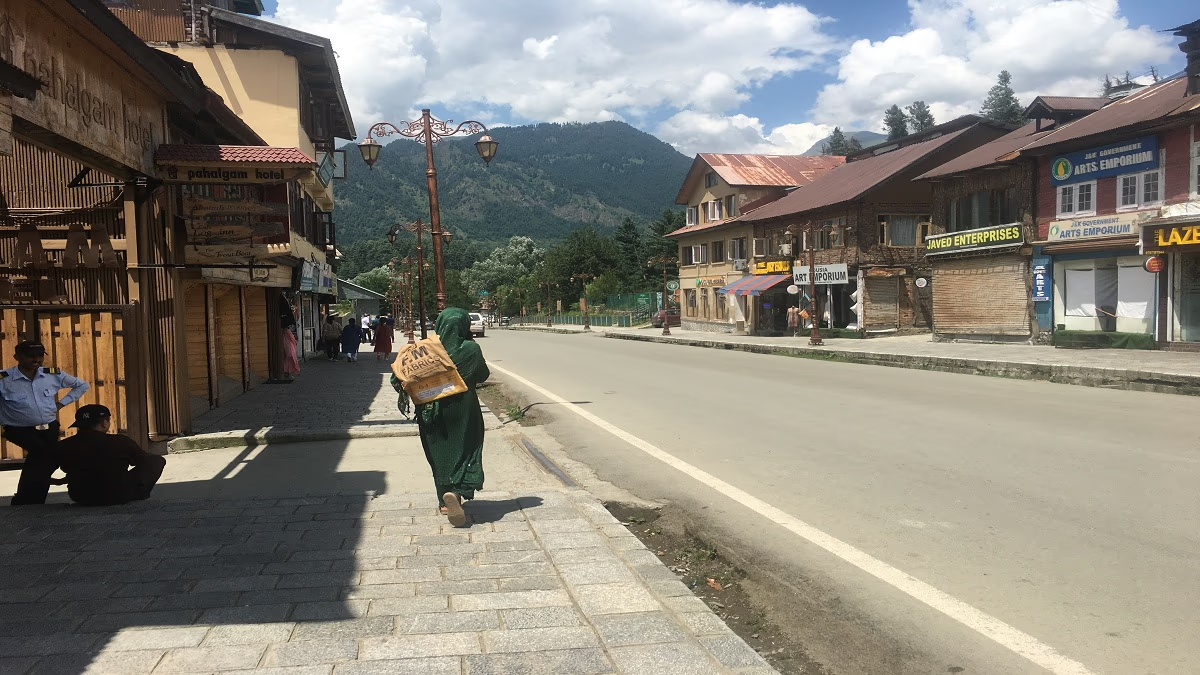
Source: aajtak
So, do you mean the terrorists involved in the Pahalgam attack were from across the border?
How could I say! But who is providing food and water to terrorists? There's always a facilitator.
Between conversations, uncertainty glimmers between faith and suspicion.
Do you still have connections in Pakistan? We probed.
Yes, of course. A familiar lilt enunciates the recognition. Farooq states—friends still reside in Pakistan, steadfastly advocating PoK freedom...
You mean for PoK's unification with India?
Absolutely. The oppression on Kashmiris is severe. They wish to separate and join our country. Several parties work towards this goal. The National Student Federation openly supports this. People in the UK and US continue these efforts overseas.
Upon returning from prison, I consistently voice criticism against Pakistan, the ISI, and separatists here. This escalates the risk against me. Last year, Hizbul Mujahideen issued a hit order for me. He exhibits a mobile showing death threats.
How have you stayed safe until now?
Listen, when death calls, no earthly force can protect. That’s true otherwise too. If death isn’t written, none can cause harm. Truthfully, I stay cautious. I scrutinize my surroundings when leaving anywhere.
The fear remains, perhaps I have retired the gun, but it's still linked to my feet...
Many conspiracy theories surround the ‘90s era valley.
One theory suggests numerous weapons arrived then, stashed in different districts to date. Large caches remain undiscovered. This fuel feeds the emerging crop of militants. Finding these stockpiles is imperative because as long as ammunition exists, the danger of explosion remains.
A Game of Fowl for a Death Trade
Off-record conversations surface intriguing elements. In the heat of the moment, Farooq reveals that the valley’s problem isn’t so insurmountable as to defy resolution. However, for some, profit lies only when death dances here. Several children's education overseas thrives on this. Why would they wish resolution!
Despite familial repercussions, Farooq has rebuilt his home with a beautiful wife and kind-hearted daughter—they frequently reiterate. Sporadically, they express gratitude for the bonus life granted by the Higher Power. Yet, that golden age, that prestigious status accompanies as an inseparable mark.
